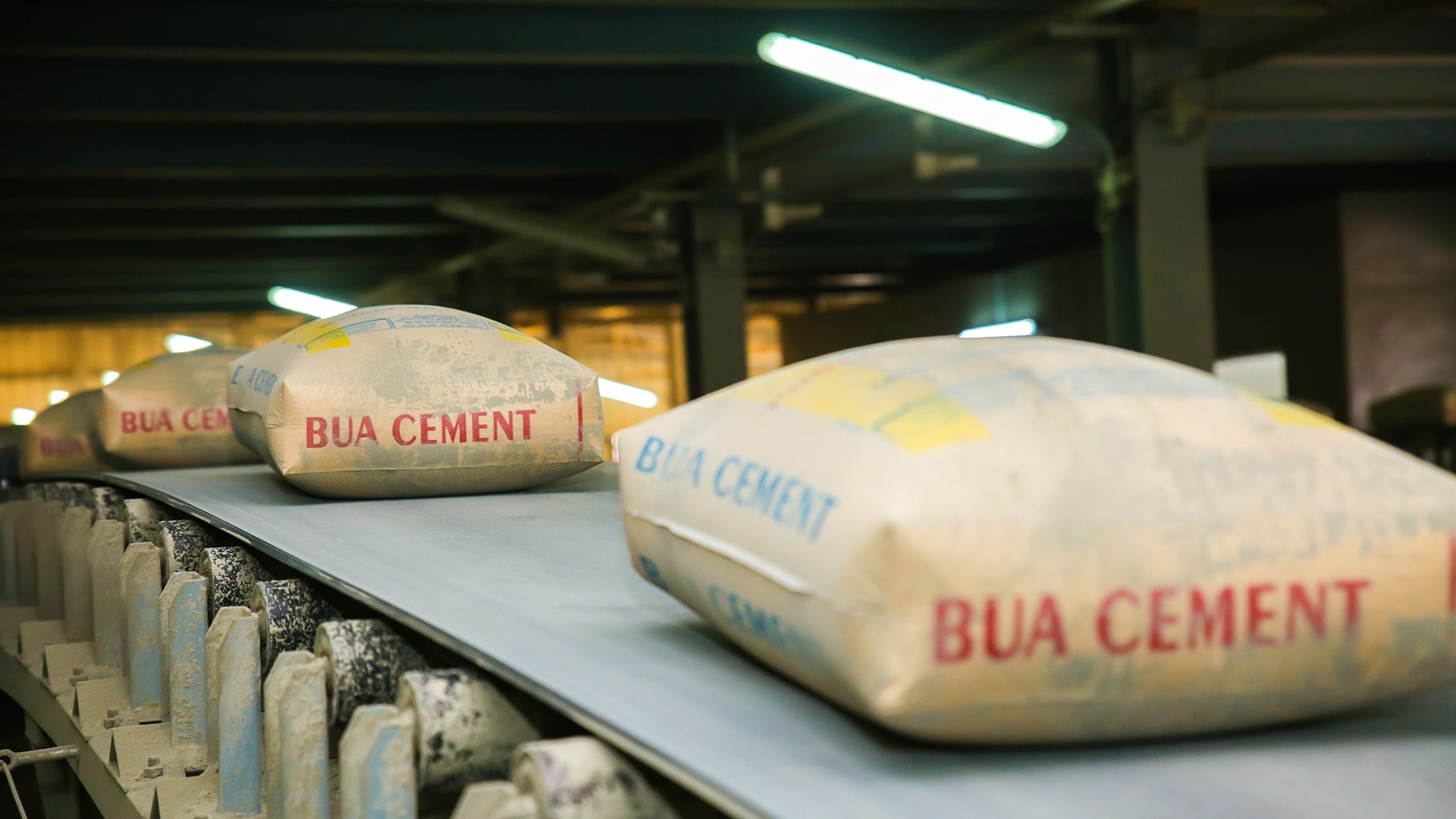In a groundbreaking development with far-reaching economic implications, BUA Cement Plc has taken the bold step of reducing the price of its cement bags to N3,500. While this move is poised to influence various sectors, real estate experts anticipate that the real estate industry may experience a gradual transformation in response to this significant price adjustment.
Stephen Jagun, a distinguished real estate expert and seasoned facility manager, shed light on the potential impact of this price reduction during a recent interview with ICIR. He emphasized that the reduction in cement prices could usher in a period of lower rents, providing much-needed relief to tenants. However, Jagun cautioned that the real estate market is inherently slow to respond to such market fluctuations.
BUA Group’s Chairman, Abdul-Samad Rabiu, publicly announced the company’s intention to lower cement prices during a visit to President Bola Tinubu on September 15. In a bid to saturate the market with their locally sourced cement, BUA Cement plans to expand its production capacity by inaugurating two new cement plants by late 2023 or early 2024.
The price reduction officially came into effect on October 2, with BUA Cement offering its product at an ex-factory price of N3,500 per bag. Furthermore, the company has committed to revising prices once their expansion project is completed, which is projected to increase annual production capacity to 17 million metric tons.
Jagun, with his wealth of industry knowledge, stressed the social responsibility of cement companies to proactively engage in price reductions, particularly when they rely on locally sourced raw materials. He also called upon the government to initiate dialogues with cement manufacturers to ensure sustained price reductions.
According to Jagun, principal partner at Jagun Associates, it is not enough for cement companies to declare billions of profits and “become heartless,” taking undue advantage of buyers.
He said, “Since the raw materials used in cement production are primarily sourced locally, there should not be a reason why companies should be thinking more of their profit and less of price reduction.
“By bringing down the price, he is trying to be patriotic to help the economy.
“If they can make life bearable for the customers and the growing industry, it is a plus and a win-win for everybody,” Jagun said.
“Rabiu’s decision to lower prices, as an industry insider, showcases a sense of patriotism and a commitment to bolstering the national economy”. Jagun believes that this benevolent act could serve as a catalyst, inspiring other major players in the building industry to follow suit.
While there are concerns that the demand for cement may surge due to a shift towards concrete in road construction, Jagun argues that BUA’s price reduction will ultimately benefit many Nigerians. He pointed out that access to affordable housing remains a significant challenge, with a substantial portion of workers in Lagos already possessing land but struggling to afford construction costs.
Jagun also elaborated on the real estate market’s inherent slow response to changes. However, as the market gradually adapts to lower cement prices, landlords may be deterred from increasing rents, creating a more tenant-friendly environment over time.
BUA Cement’s decision to lower prices represents a pivotal moment in the Nigerian economic landscape. While the real estate sector may initially take time to adjust, this bold move signals a promising development for consumers and the industry as a whole. Experts anticipate that this action may set a precedent for other players to follow, ultimately making housing more affordable and accessible for Nigerians. As the market evolves in response to this change, a positive ripple effect on various sectors of the economy is expected.







Comment
No comments found.